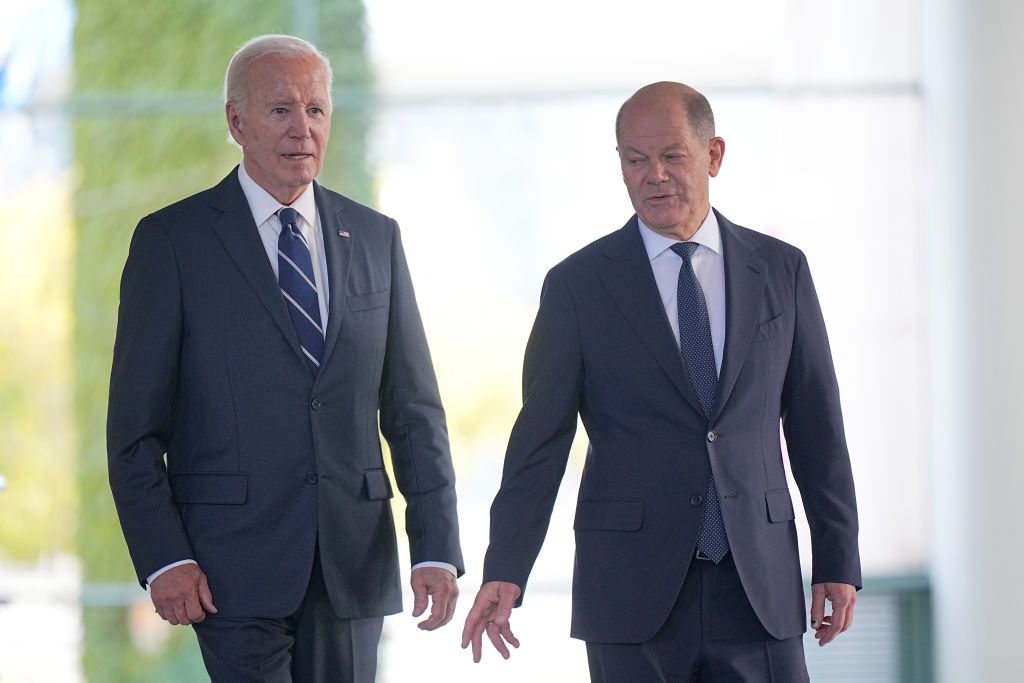Polish PM Tusk says Zelensky's victory plan will be reassessed after US election

Polish Prime Minister Donald Tusk said on Oct. 18 that Ukraine's victory plan will be reassessed after the upcoming U.S. presidential election.
At the same time, Tusk emphasized that Poland's support for Ukraine's NATO membership has not changed.
"We stand in solidarity with Ukraine on this issue," he said.
Tusk said there is a lack of consensus among EU leaders regarding the plan, and it is difficult to tell how realistic it is because "much depends on the outcome of the U.S. presidential election."
President Volodymyr Zelensky presented the plan privately to Western leaders in September and made it public earlier in October.
The proposal is comprised of five points: an invitation to join NATO, a defense aspect, non-nuclear deterrence of Russian aggression, economic growth and cooperation, and post-war security architecture. It also involves three classified addenda that have been shared with international partners.
While Ukraine's Western allies have largely said that Ukraine will join NATO, a specific timeline on when that might happen has not been made public — or agreed upon.
Julianne Smith, the U.S. ambassador to NATO, said on Oct. 16 there is no immediate plan to invite Ukraine to join the alliance.
Smith said, "Ukraine is on an irreversible path to membership," but added, "We are not at the stage where (NATO) is discussing issuing an invitation in the short term."
Polish Defense Minister Wladyslaw Kosiniak-Kamysz was less optimistic about the victory plan.
In comments to the Polish Press Agency (PAP), Kosiniak-Kamysz said, "Everyone would like the victory plan to be implemented in their hearts."
"But there is no great enthusiasm either — as I hear — in the European Council or in NATO headquarters because the situation on the front is difficult, there is enormous war fatigue."
As a result, the victory plan "is not a clear, bright light that will immediately change reality," Kosiniak-Kamysz added.













